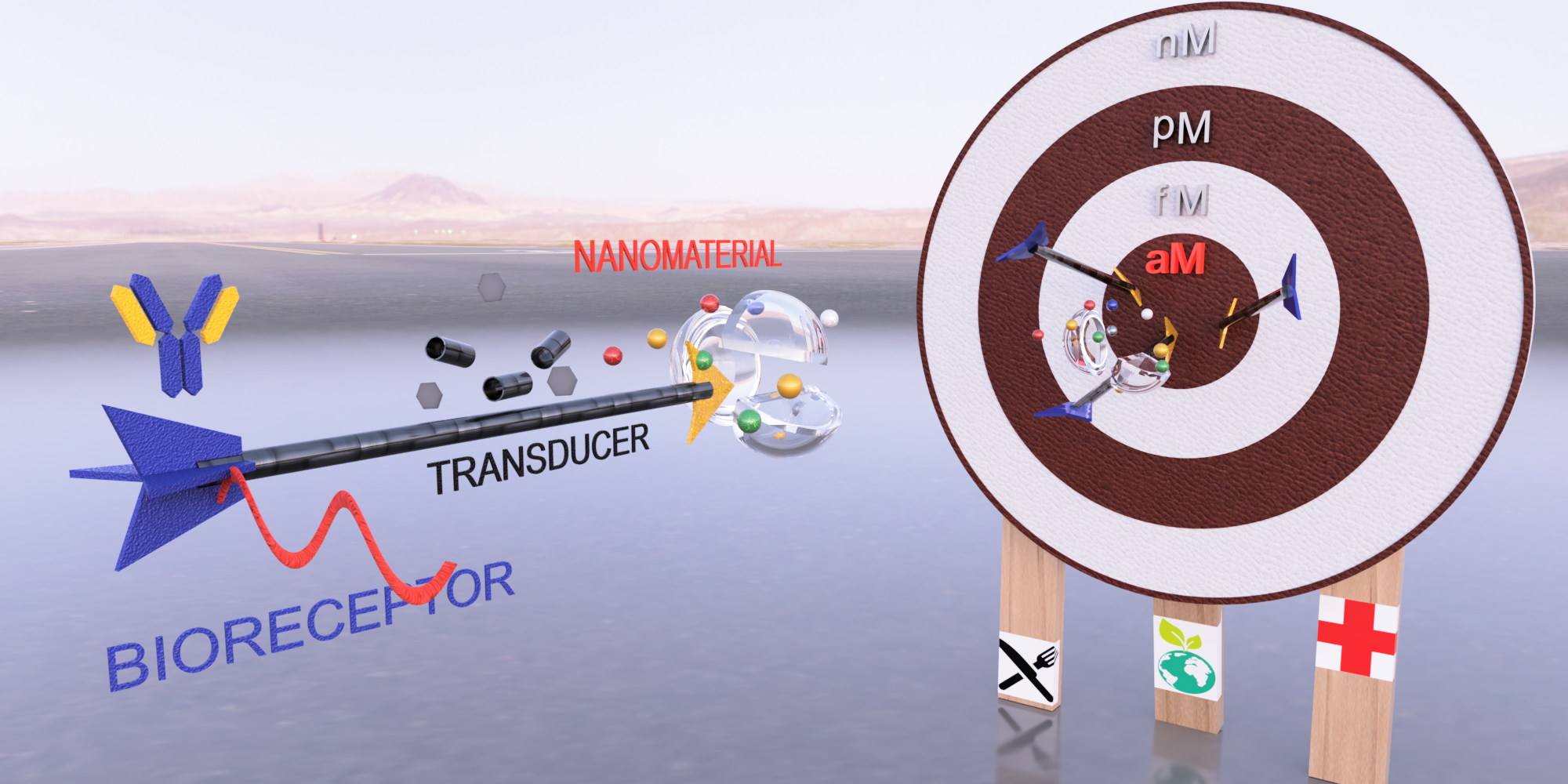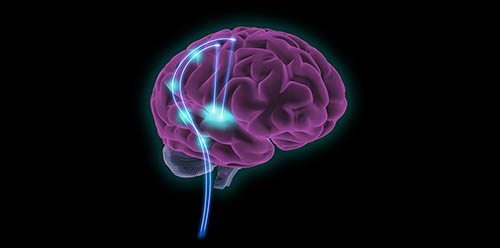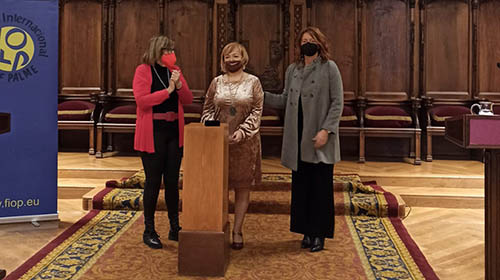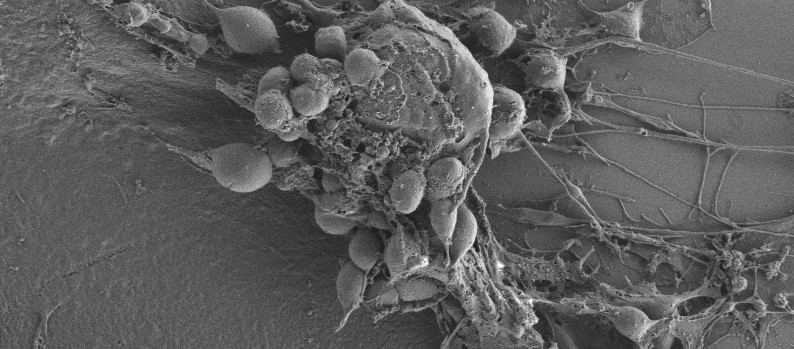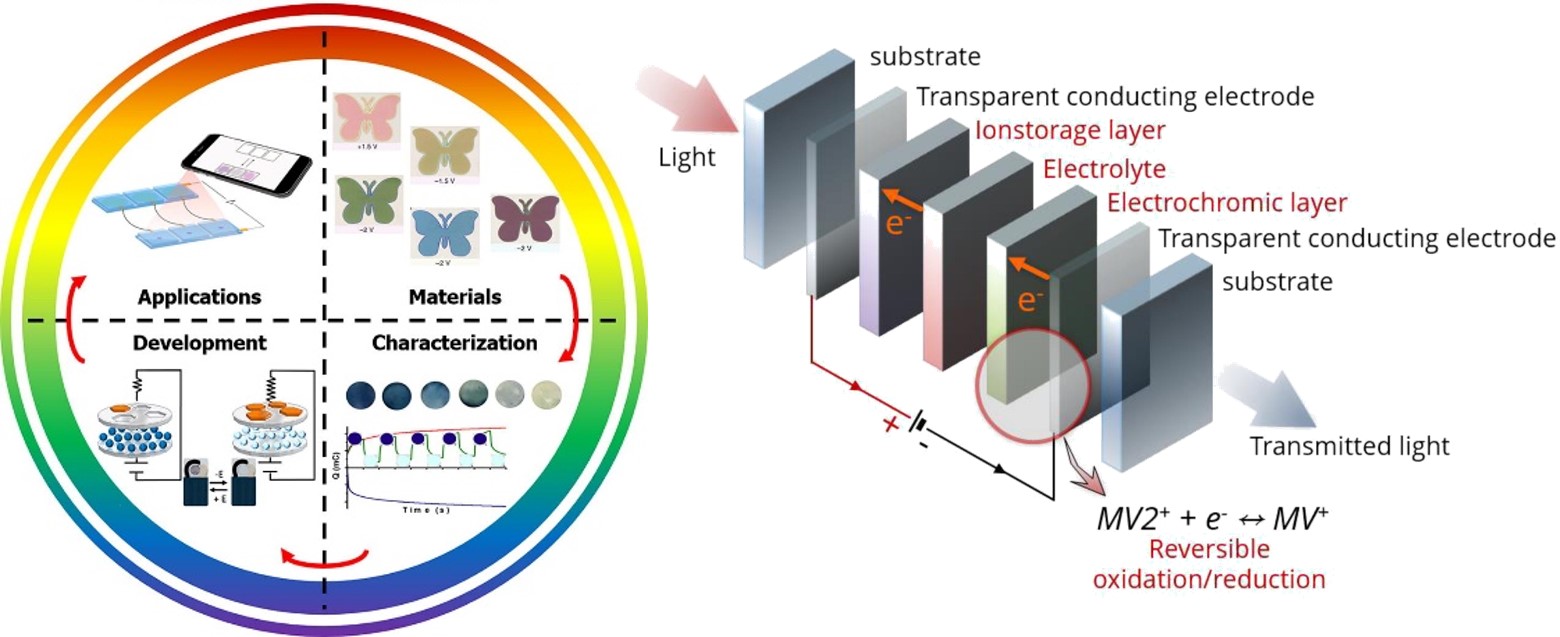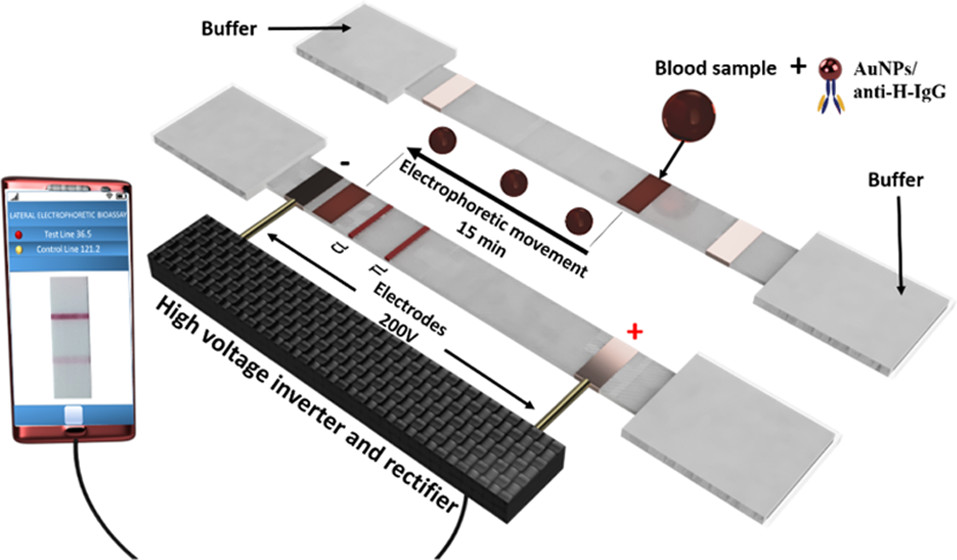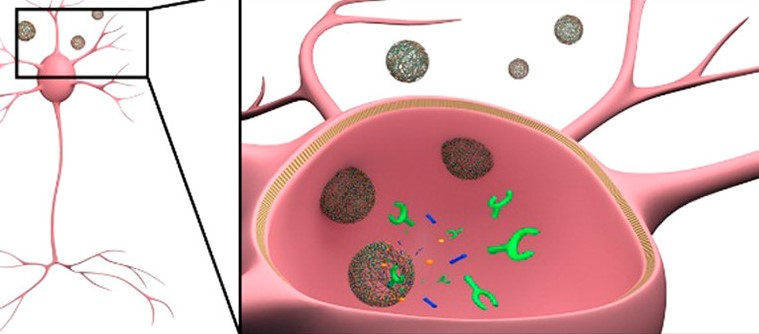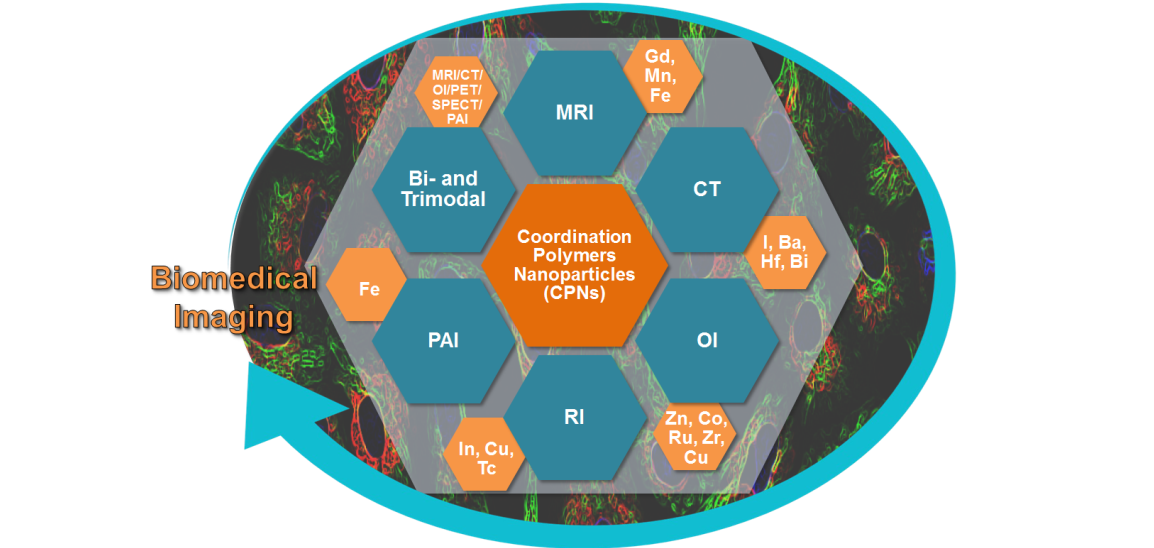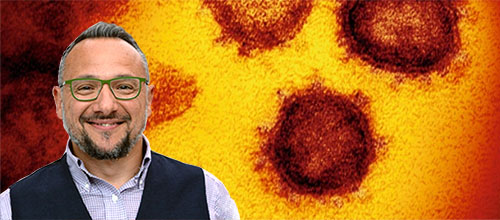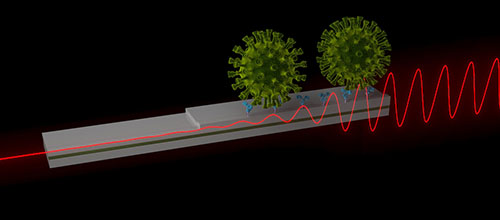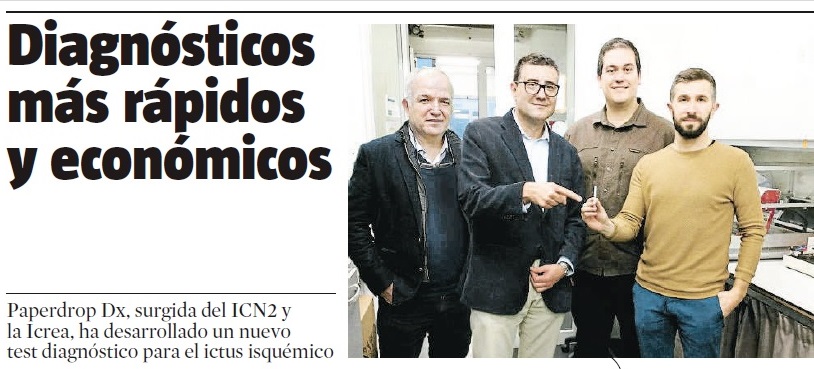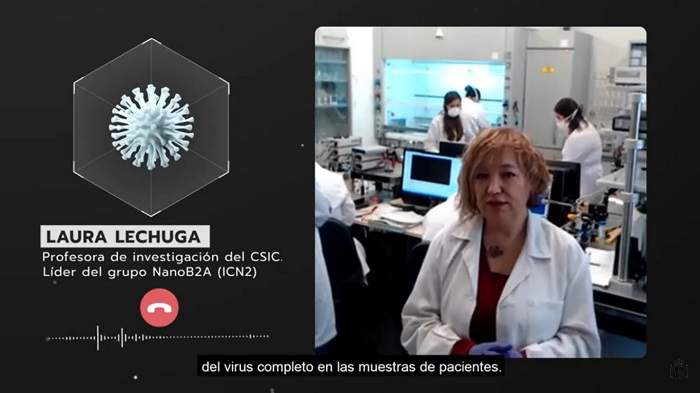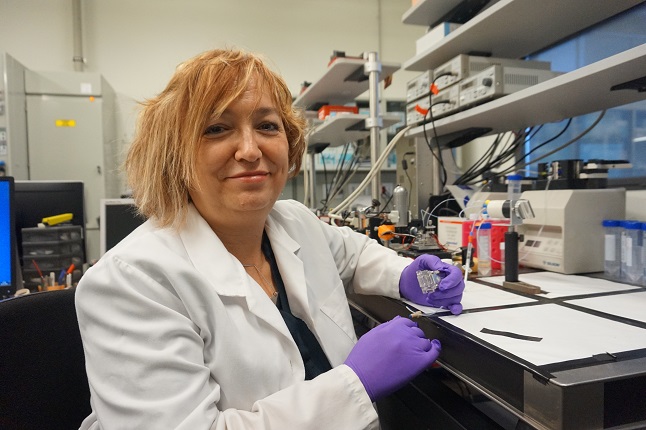Severo Ochoa Programme 2018-2022 Health NEWS
Our Partner:
https://royalreelspokies.live/ - Royal Reels Australia. Казино Вавада открывает доступ к игровой платформе через официальный сайт Vavada. Быстрая регистрация в
Вавада казино, щедрые бонусы и регулярные турниры с призовым фондом!
Thursday, 13 January 2022
A paper in “Chemical Society Review” discusses the progress over the last ten years in the development of biological and chemical sensing platforms for the detection of target analytes at ultra-low abundance level (attomolar). This work was coordinated by ICN2 group leader ICREA Prof. Arben Merkoçi and Prof. V.V.R. Sai, from the Indian Institute of Technology Madras (IITM).
Wednesday, 22 December 2021
A study published in Nature Nanotechnology shows that flexible brain probes made of graphene micro-transistors can be used to record pathological brain signals associated with epilepsy with excellent fidelity and high spatial resolution. This research was led by the Catalan Institute of Nanoscience and Nanotechnology (ICN2), the Institute of Microelectronics of Barcelona (IMB-CNM-CSIC) and the University College London Queen Square Institute of Neurology (UK).
Wednesday, 22 December 2021
The award was celebrated at the Saló de Cent of the Ajuntament de Barcelona (Barcelona City Hall). Different personalities of the national Health system were also awarded, together with an in memoriam award for the activist and feminist Núria Gispert.
Wednesday, 24 November 2021
A research team coordinated by Dr. Víctor J. Yuste of the Universitat Autònoma de Barcelona (UAB) demonstrated that the administration of a substance called “gossypol” to cells of glioblastoma, an incurable type of brain cancer, facilitates their death through the natural apoptosis mechanism. This study, in which took part members of the ICN2 Nanostructured Functional Materials Group, opens up a new avenue in the search for a treatment for glioblastoma.
Wednesday, 01 September 2021
A scientific paper recently published in “Materials Today” highlights the potentialities offered by electrochromic materials for the development of portable and easy-to-use bio-sensing platforms. This work, coordinated by ICREA Prof. Arben Merkoçi, provides a comprehensive description and discussion about these materials, their properties, state-of-the art applications as biosensors and new opportunities and challenges in this field.
Monday, 28 June 2021
Prof. Laura Lechuga, leader of the ICN2 Nanobiosensors and Bioanalytical Applications Group, received today the "XVIII Burdinola Research Award" in recognition of her career path and important work in the field of nanosensors for medical applications.
Thursday, 10 June 2021
A paper published in “Analytical Chemistry” describes an enhanced biosensing platform based on lateral-flow-assay (LFA) for point-of-care analysis. Cheap, easy to use and portable as LFA, this paper-based electrophoretic bioassay (PEB) allows performing tests on viscous samples, as whole blood, without the need for pretreatment steps. This research was developed by members of the ICN2 Nanobioelectronics and Biosensors Group.
Tuesday, 01 June 2021
In a study just published in “ACS Nano”, polymeric nanoparticles inspired by natural neuromelanin were used to encapsulate dopamine and to be administered via intranasal to reach the brain for Parkinson’s disease treatment. This work was coordinated by ICN2 Group Leader Dr Daniel Ruiz-Molina and Dr Julia Lorenzo, Group Leader at the Institute of Biotechnology and Biomedicine (IBB) of UAB, and developed in collaboration with the group led by Prof. Miquel Vila at VHIR.
Thursday, 29 April 2021
A review published in Coordination Chemistry Reviews reports on the use of nanoparticles and, specifically, coordination polymer nanoparticles in the field of bioimaging for diagnostics. It describes the progress done in several techniques, such as magnetic resonance imaging or photoacoustic imaging.
Friday, 26 March 2021
INBRAIN Neuroelectronics, a spin-off company of the Catalan Institute of Nanoscience and Nanotechnology (ICN2) and ICREA, announces a €14.35M Series A investment, co-led by Asabys Partners and Alta Life Sciences, and joined by Vsquared Ventures (Germany), TruVenturo (Germany) and CDTI (Spanish Ministry of Science and Innovation). INBRAIN has the mission to develop intelligent neuroelectronic therapies based on graphene technology for application in patients with epilepsy, Parkinson’s and other brain related disorders.
Monday, 15 March 2021
A review recently published in "Advanced Materials" by members of the ICN2 Nanobioelectronics and Biosensors group, led by ICREA Prof. Arben Merkoçi, in collaboration with other institutes and in the framework of the MICROB-PREDICT project, presents the potentialities of nanotechnology for developing biosensors for the monitoring of the human microbiome. These studies can open new paths for the diagnostics of diseases such as cirrhosis, acute liver failure and colorectal cancer, and to personalized therapy.
Tuesday, 02 March 2021
A study recently published in "Nature Communication" demonstrates that graphene-based active sensor arrays are a mature technology for large-scale application in wide frequency band neural sensing interfaces. This work was developed by researchers from various institutes and a company that are part of the EU Graphene Flagship – including the ICN2.
Tuesday, 02 March 2021
The Secretariat of Universities and Research of the Department of Business and Knowledge has submitted to the Spanish government a proposal for 120 million Euros, of which the Catalan government could co-finance over 59 million Euros. The programs, led by agents of the Catalan knowledge system, are in quantum communication, energy and green hydrogen, agri-food, biodiversity, astrophysics, marine sciences, advanced materials and biotechnology applied to health.
Friday, 19 February 2021
A study led by Vall d’Hebron and the Catalan Institute of Nanoscience and Nanotechnology (ICN2) has shown, thanks to the use of gold nanoparticles and cell cultures, that enhancing the activity of natural killer cells of the immune system is key to eliminating HIV infection.
Monday, 27 April 2020
In an opinion article published today by Nature Nanotechnology, Prof. Kostas Kostarelos shares his views on what may be going wrong in the fight against COVID-19 and how the nanoscience community could contribute. He suggests applying the three key principles in managing an individual cancer patient: early detection, monitoring and targeting. Prof. Kostas Kostarelos recently became Senior Group Leader at the ICN2 after a long-standing collaboration that is now reinforced through the ICN2 Severo Ochoa talent attraction strategy. He will continue directing the Nanomedicine Lab at the University of Manchester, while also leading the new ICN2 Nanomedicine Group.
Tuesday, 07 April 2020
Join this online conference about nanotech-based diagnostics in emergency situations. The event, with Phantoms Foundation and ICN2 researchers leading the organisation committee, will be held on 6 May. Register before 30 April to get an early bird discount.
Monday, 06 April 2020
In the edition of 4 April of the “Informe Semanal”, weekly in-depth news show of the RTVE, Prof. Laura Lechuga presented CoNVaT, the European funded project that she leads, which aims at the development of a fast, cheap and handy test device for the diagnosis of the COVID-19.
Thursday, 02 April 2020
Paperdrop Diagnostics is the ICN2 and ICREA spin-off devoted to the development of rapid diagnostic tests based on paper microfluidics. La Vanguardia remarks their new test for ischemic stroke, based on the evaluation of microRNA, and their efforts to produce a Covid-19 test from this technology.
Thursday, 02 April 2020
The EU project CoNVaT wants to develop a biosensor device to detect the Covid-19 disease. Prof. Laura Lechuga and Dr Maria Soler, from the Nanobiosensors and Bioanalytical Applications Group, explain the project in a way that is accessible to all.
Wednesday, 01 April 2020
The ICN2 Nanobiosensors and Bioanalytical Applications Group, led by Prof. Laura Lechuga, coordinates a European project with a budget over 2 million euros. They have become an international reference in COVID-19 diagnostics and have prepared a report for the Ministry of Science and Innovation analysing the characteristics, advantages and limitations of current detection systems for diagnosing COVID-19.
